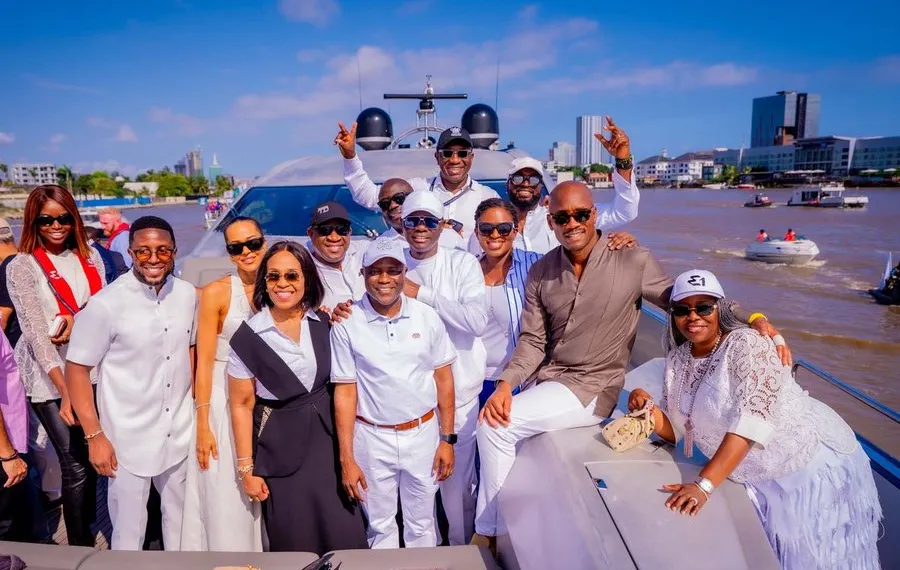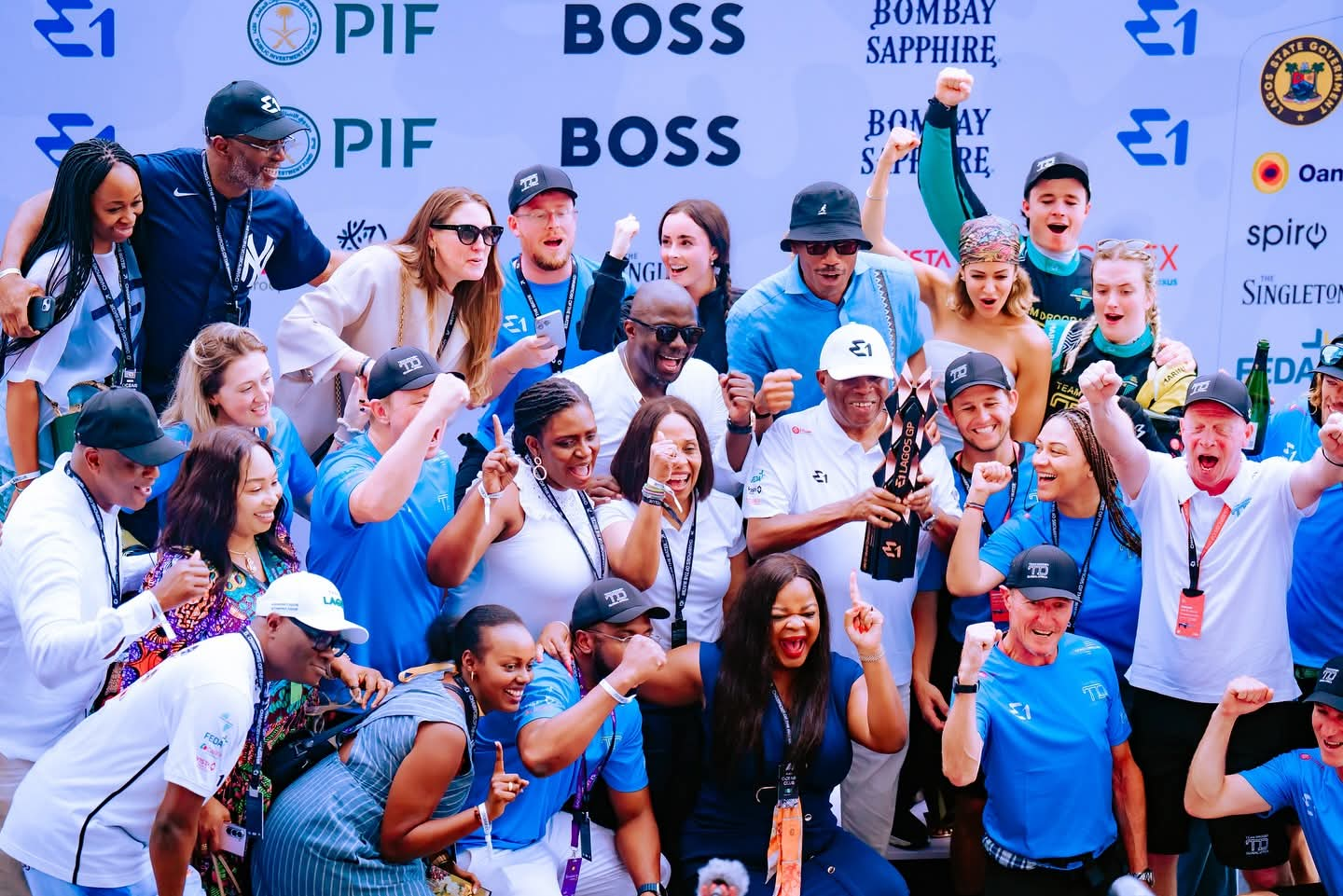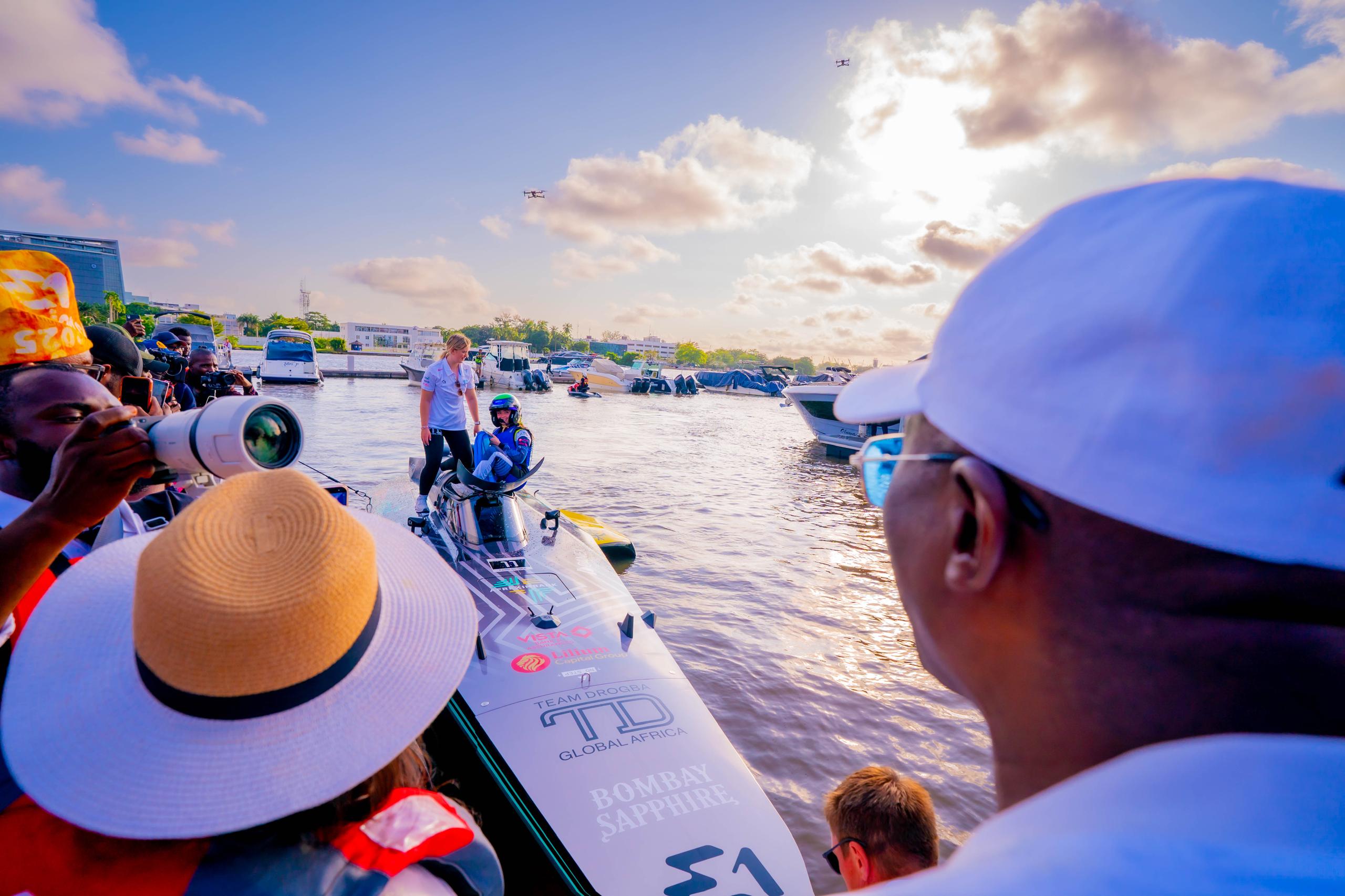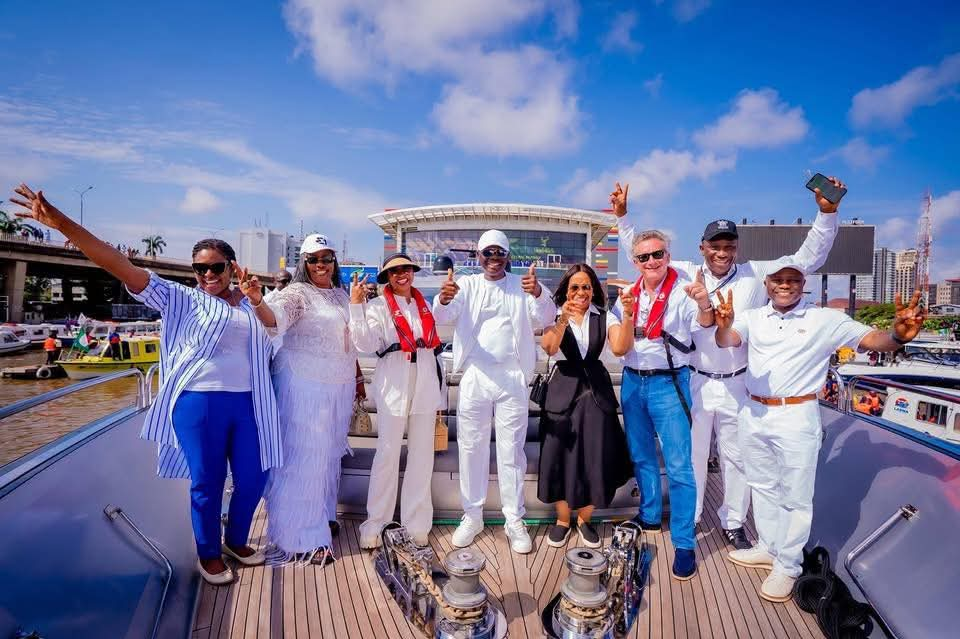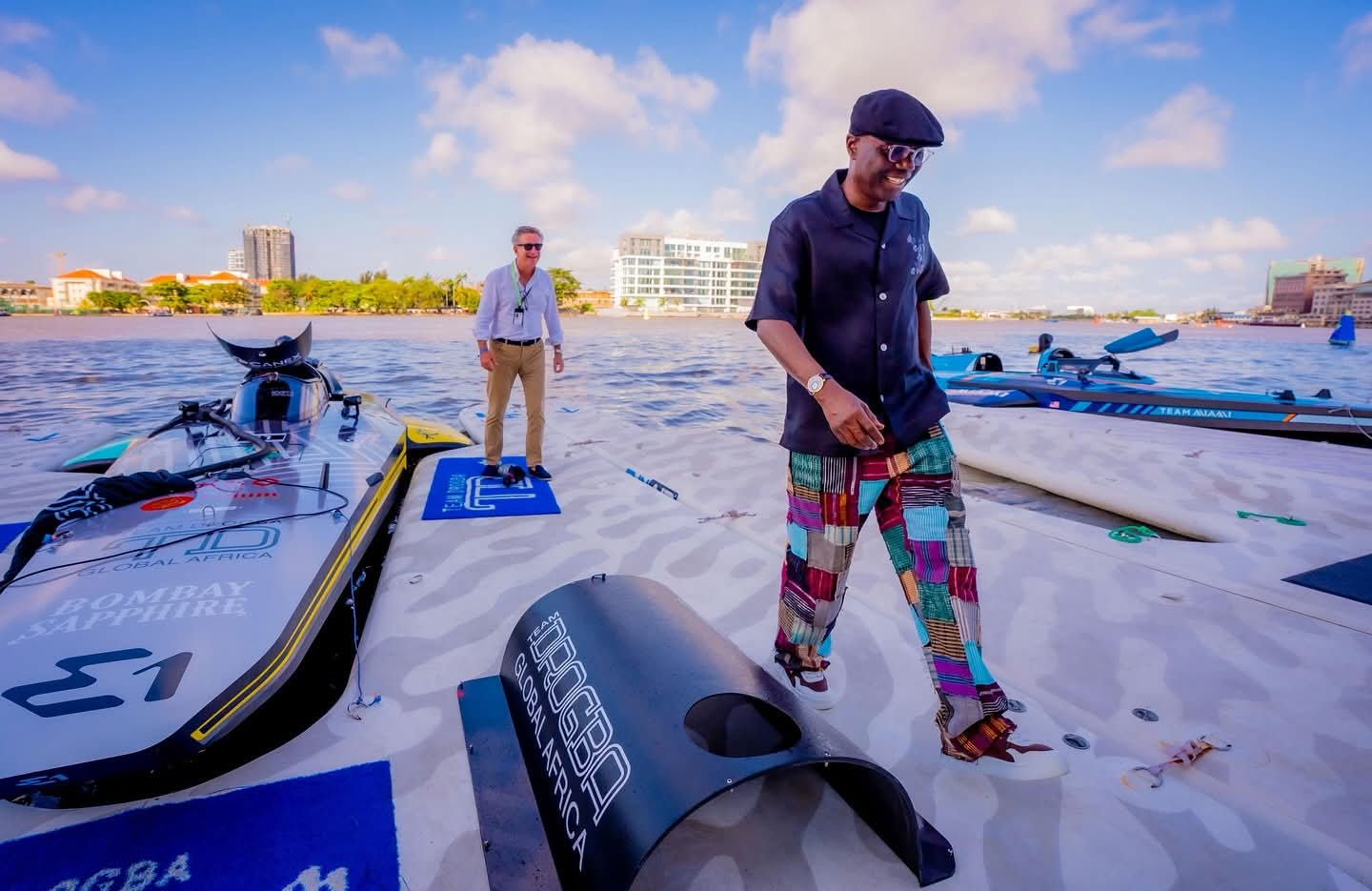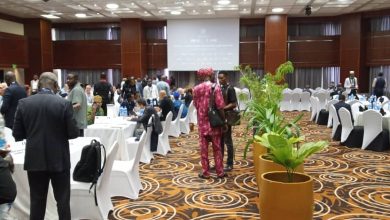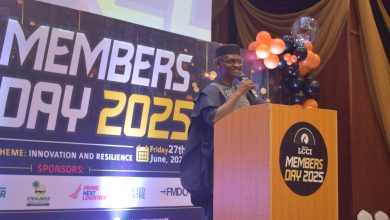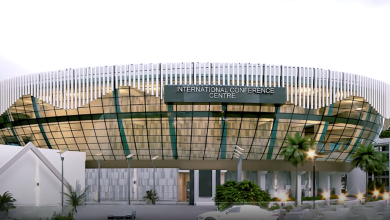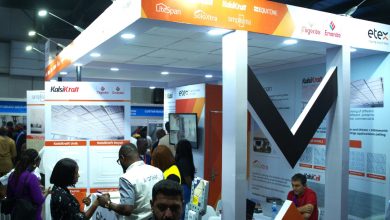Team Brazil Races into History as Lagos Hosts Africa’s First Electric Powerboat Grand Prix
From the shores of Lagos, Africa makes history as Team Brazil captures glory in the continent’s first electric powerboat race , a catalyst for MICE innovation and waterfront tourism.
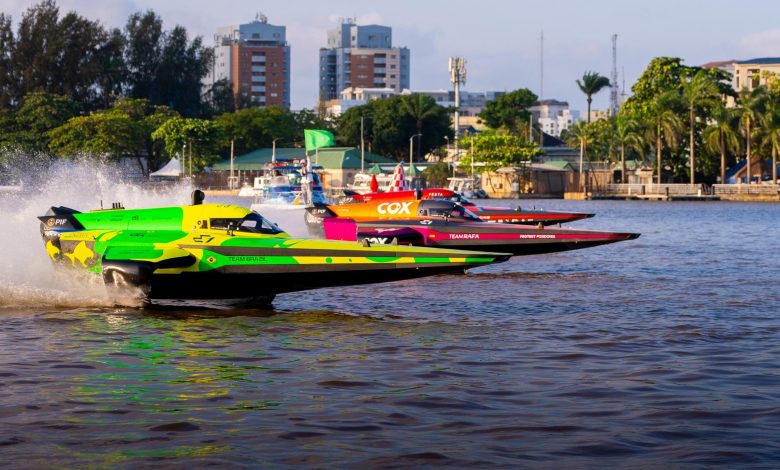
History came alive on the Lagos waterfront as Team Brazil, powered by the Claure Group, secured their first-ever win in the E1 Series during the Lagos Grand Prix — the maiden E1 race on African waters. Piloted by Timmy Hansen and Ieva Millere-Hagin, Team Brazil battled through tropical weather conditions that disrupted the schedule, turning challenges into triumph. Their remarkable qualifying performance earned them pole position, and their skillful navigation through group races and the tense final round saw them fend off fierce competitors to cross the finish line ahead of Team Blue Rising in second place and Team Drogba Global Africa in third.
While the win added 38 points to Team Brazil’s championship tally, bringing them to 89, the implications of this event reached far beyond the leaderboard. For Lagos, hosting the E1 Series’ first African race was more than a sporting milestone — it was a declaration of readiness to play on the global stage of sustainable, high-profile tourism and events. Governor Babajide Sanwo-Olu described the event as a fusion of innovation and environmental stewardship, positioning Lagos as a city that celebrates progress while promoting sustainability and international collaboration.
The Lagos Marina, transformed into a dazzling arena for electric powerboat racing, showcased the city’s capacity to host world-class waterfront events that blend sport, entertainment, and business opportunities. This convergence is the heartbeat of MICE tourism — where meetings, incentives, conferences, and exhibitions align seamlessly with experience-driven events that attract corporate guests, investors, and media attention. Thousands of spectators, dignitaries, and international delegates attended, boosting the city’s hospitality sector and providing a real-time demonstration of Lagos’ potential as a vibrant MICE destination. Hotels reported full occupancy, nearby businesses thrived, and the city’s brand as a cosmopolitan waterfront hub received a powerful boost on international screens.
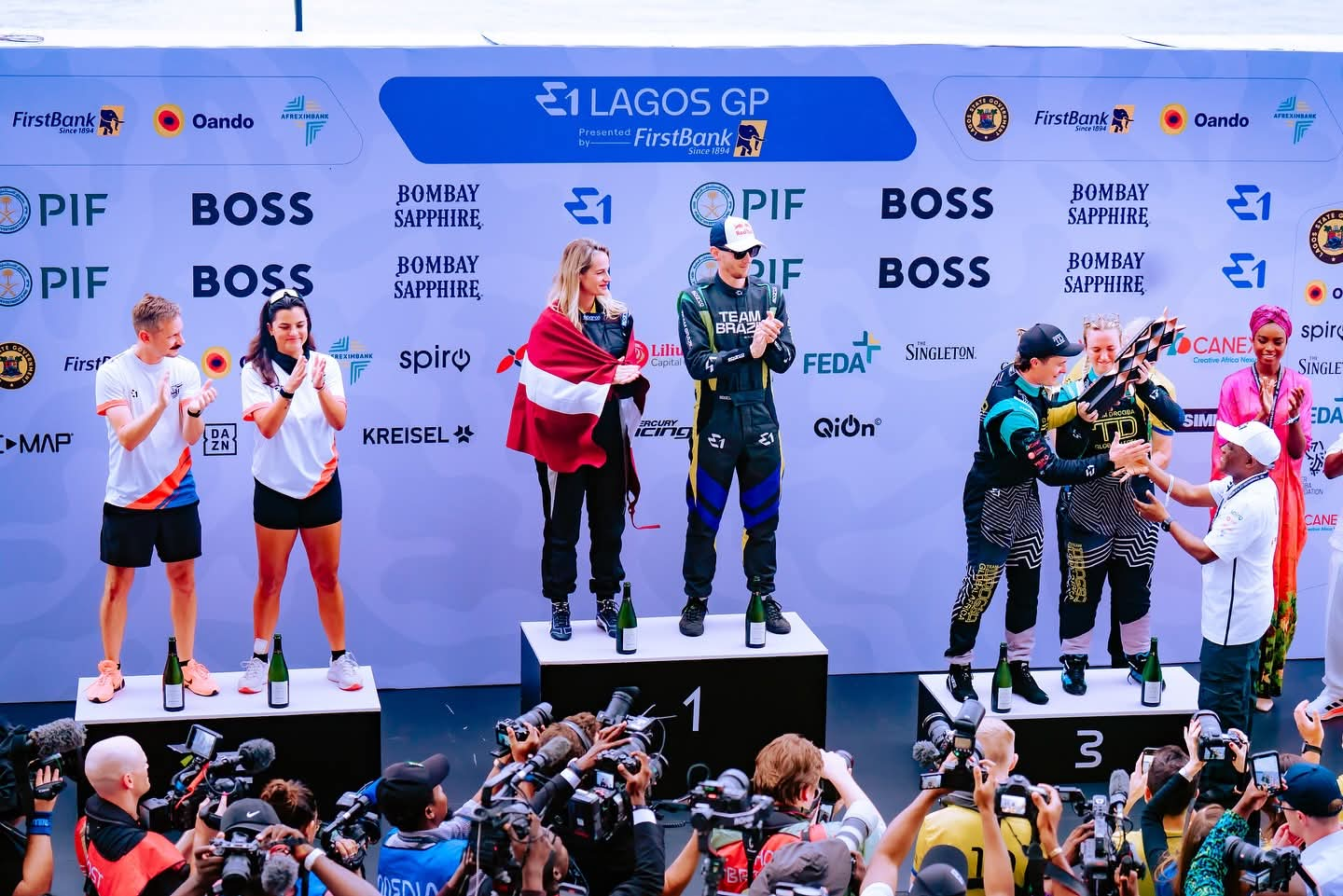
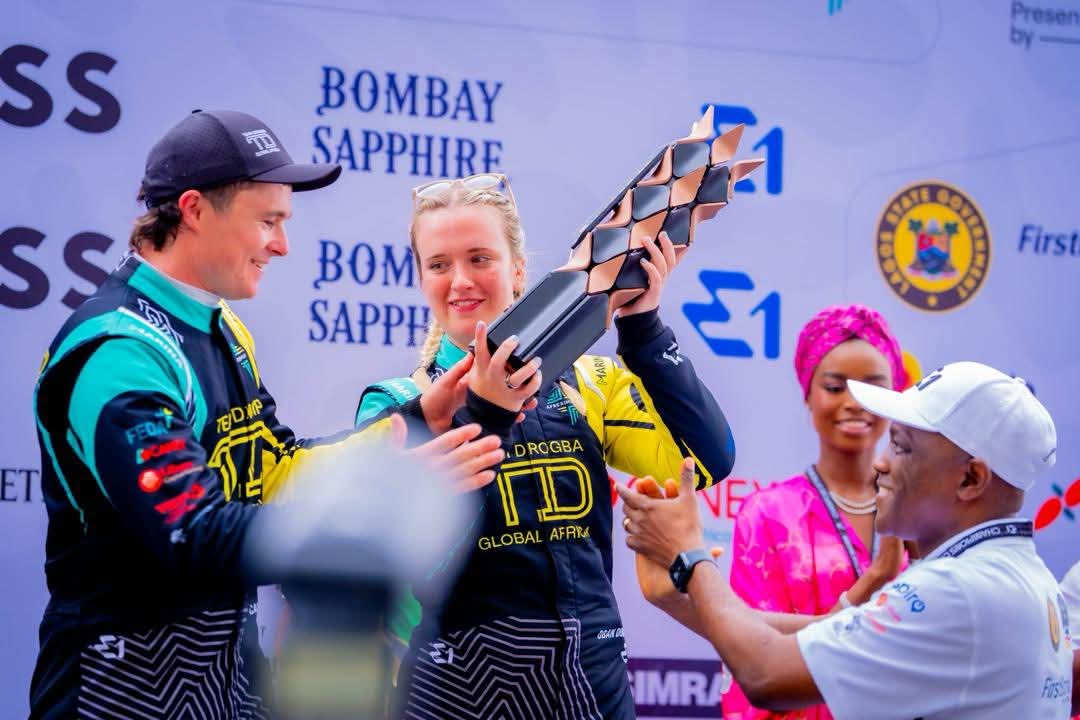
At the core of the E1 Series is innovation — zero-emission RaceBird boats designed with electric propulsion and hydrofoil technology, minimizing environmental impact while delivering high-speed thrills. This focus on sustainability aligns perfectly with the growing global movement toward green events and responsible tourism, a direction Lagos has been increasingly embracing. The event’s successful organization underlines how destination Lagos can combine sport, sustainability, and spectacle — the three pillars that define the future of MICE tourism in emerging markets.
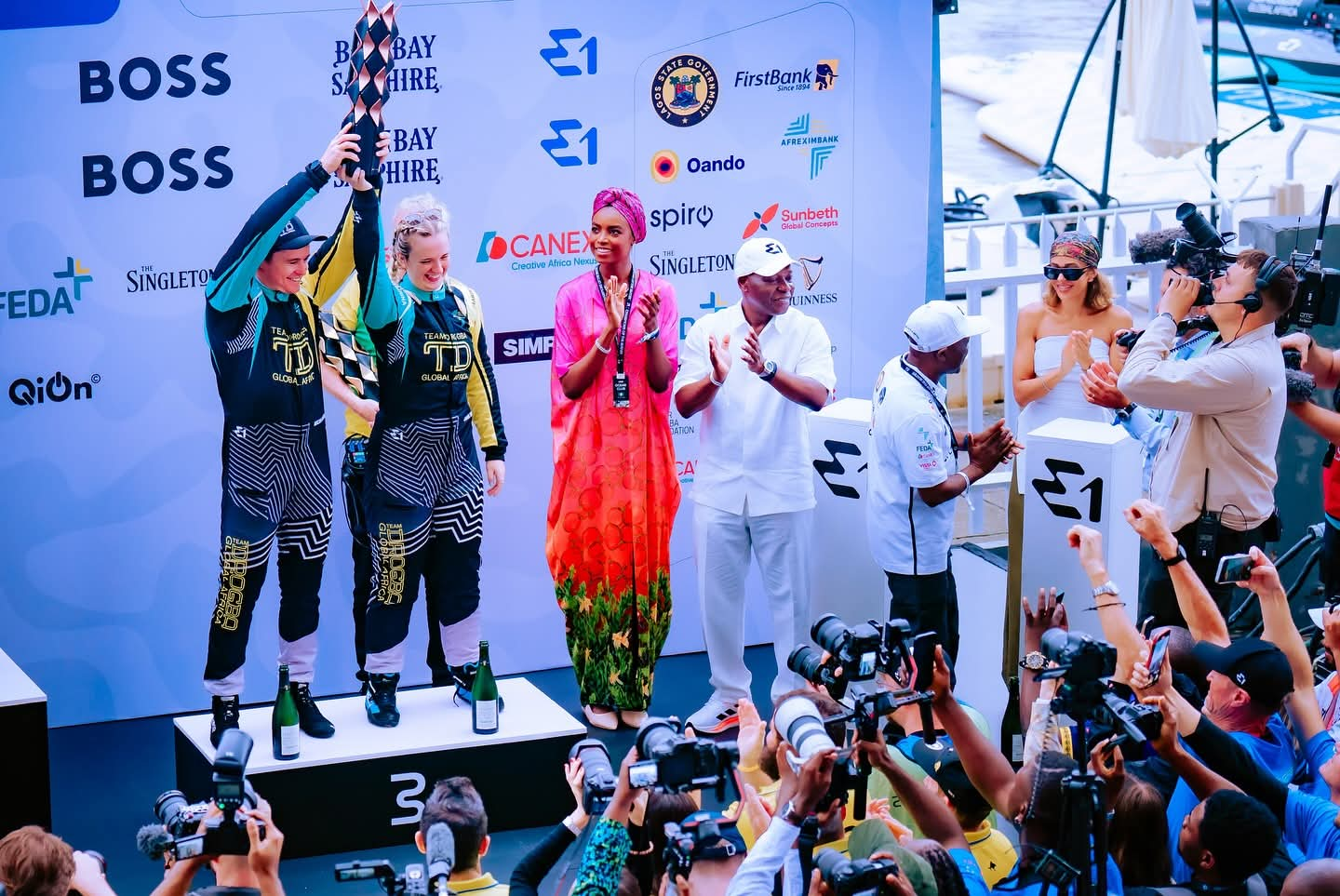
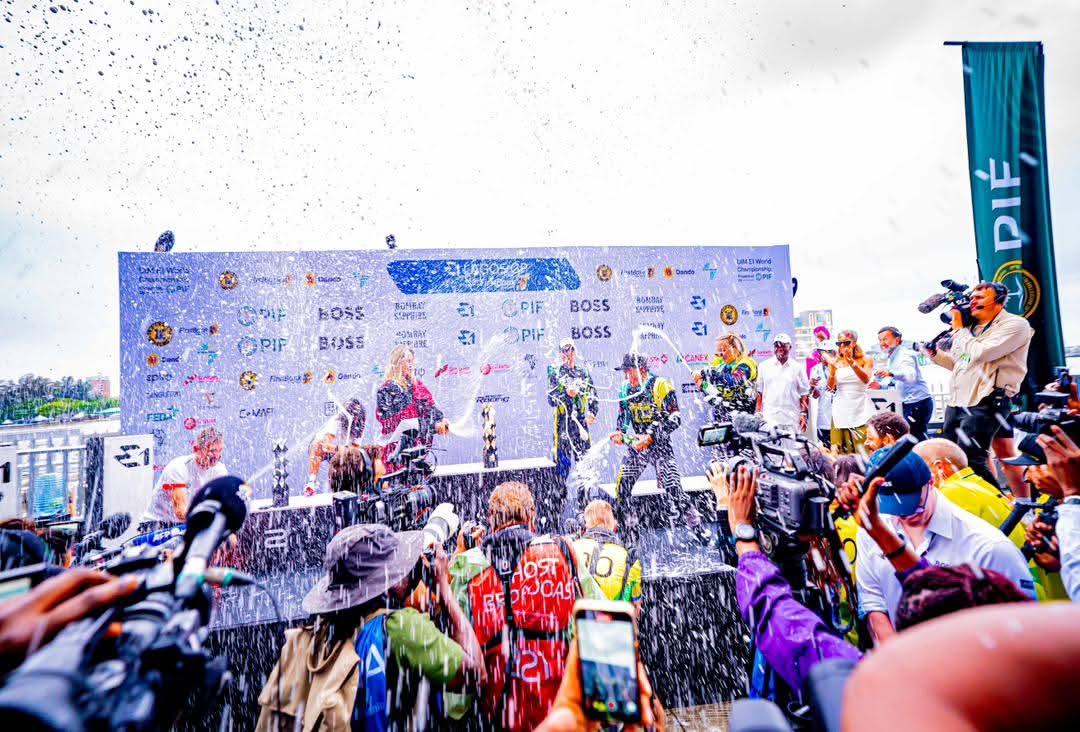
As the E1 season now moves toward its finale in Miami, Team Brazil’s Lagos victory will be remembered not only for its competitive spirit but for its symbolic meaning. It marked the beginning of Africa’s journey into electric marine sports and demonstrated Lagos’ growing influence as a smart, forward-thinking city capable of hosting global-caliber experiences. The race was more than a test of speed; it was a showcase of Lagos’ ability to convene international audiences, drive sustainable innovation, and position itself as a top-tier hub for MICE and experiential tourism across Africa.
